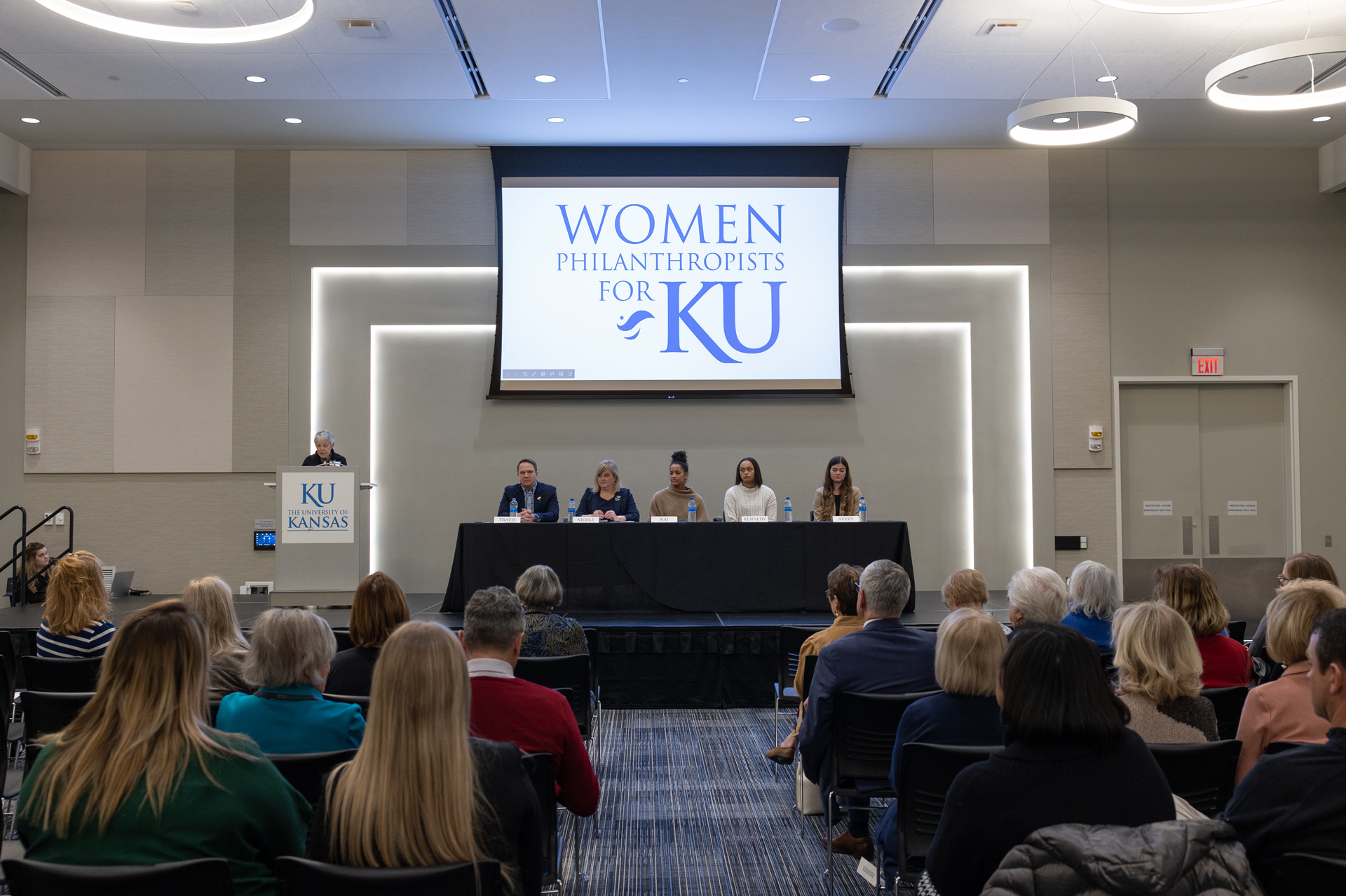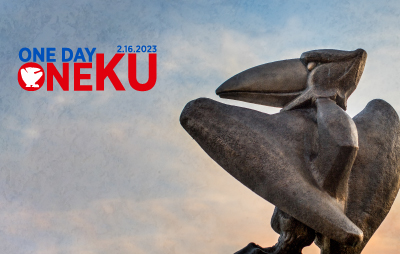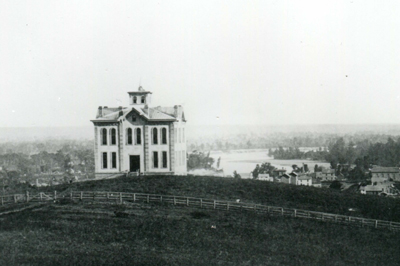KU Giving Magazine
Gift creates professorship, curatorship at KU, Biodiversity Institute
Bill Plybon
A gift from Edith L. Taylor and the late Thomas N. Taylor, both University of Kansas professors and paleobotanists, will create a joint professorship and curatorship in the department of ecology & evolutionary biology and the Biodiversity Institute at KU.
Tom Taylor was the Roy A. Roberts Distinguished Professor in the department of ecology & evolutionary biology. He also was a curator of paleobotany for the Biodiversity Institute and the university’s Natural History Museum. He died in 2016.
“Even after he was diagnosed with cancer, he continued to work. He loved what he did, and I don’t think he ever would have retired,” Edie Taylor said.
Edie retired from KU in 2016 but continues to work on two National Science Foundation grant projects at the university. She is a professor emerita in the department of ecology & evolutionary biology and senior curator in paleobotany at the KU Biodiversity Institute.
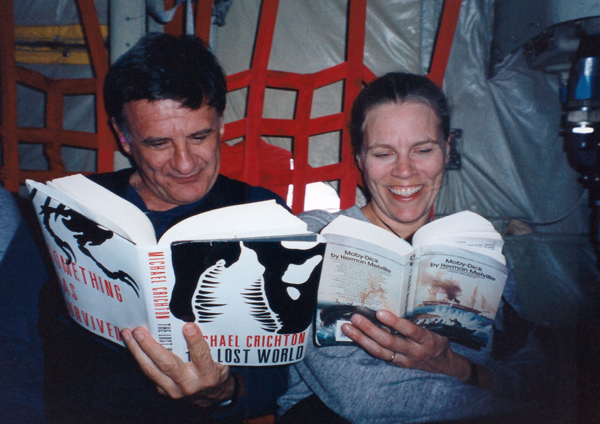
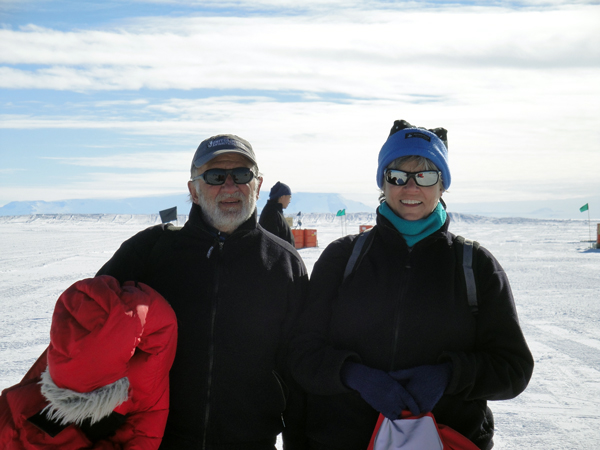
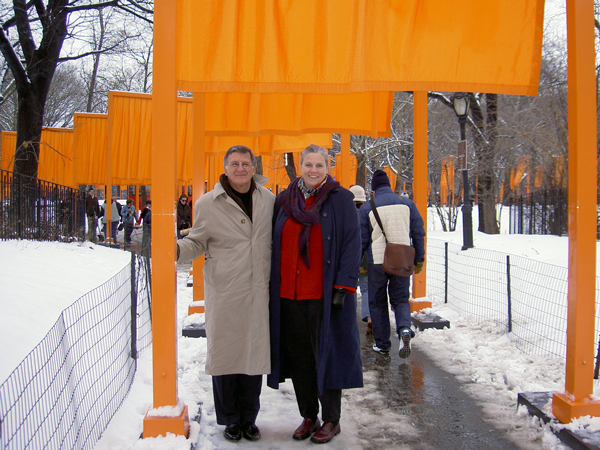
Tom, a native of Lakewood, Ohio, received his Ph.D. in paleobotany at the University of Illinois. Edie, who grew up in Kirkwood, Missouri, received her Ph.D. in paleobotany at Ohio State University. They joined the faculty at KU together in 1995.
“For two people to get a job in the same place is an incredible gift,” Edie said. “For what we do, which is organismal and systematic biology, KU is one of the very best places in the country to do that.”
She said the university’s biology programs and paleobotany collections continue to excel in part because of the strong focus on research collections at the Biodiversity Institute. She and Tom had a large collection of fossil plants, including the largest collection of fossil plants from Antarctica in the world. There were no provisions for curating those plants at other institutions, but at the Biodiversity Institute, the collections are supported and have a full-time manager.
Christopher Haufler, professor and chair in the Department of Ecology & Evolutionary Biology, said the gift will help boost KU’s already-strong reputation.
“This gift will help ensure that the department and KU retain a world-class program in paleontology and train new students who can study the treasure trove of fossils that continue to reveal remarkable details, enabling us to develop testable hypotheses about the evolutionary history of life on Earth,” Haufler said.
Leonard Krishtalka, director of the Biodiversity Institute, praised the Taylors’ work and thanked them for their generosity.
“In their field work, research and teaching, Edie and Tom Taylor rocketed KU to number one in the nation in paleobotany, documenting and studying the origin and diversification of Earth’s land plants, particularly with their frontier expeditions to Antarctica and its fossil forests from 350 million years ago.” Krishtalka said. “Now, this extraordinary gift of a named, endowed faculty-curator is added to their immense legacy of students, research collections, and discoveries, which will ensure continued world-class stature in paleobotany for KU, the department, and the Biodiversity Institute.”
The Taylors wanted to see paleobotany continue to thrive at KU by hiring faculty, collecting fossils, building the collection and continuing to do research on fossil plants. “That research is what puts KU on the map,” Edie said.
“We believe in our profession and we love our profession and want to see it continue here,” she said. “We’ve had a lot of support for it at KU, and that makes us feel good about giving back to the university.”
Share this article

